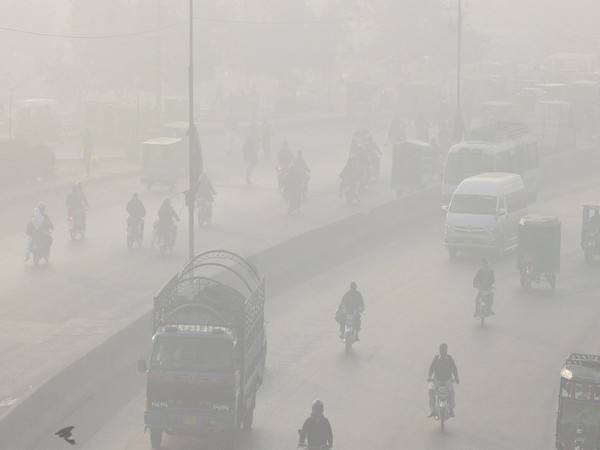Lahore's Alarming Air Quality Levels: A Crisis of Negligence
Lahore has topped the list of the world's most polluted cities, with AQI reaching 708. The crisis is largely due to systemic environmental mismanagement, including unchecked vehicular emissions and industrial practices. Government oversight remains lacking, leaving millions exposed to hazardous air conditions.

- Country:
- Pakistan
In a recent report by Dawn, Lahore emerged as the world's most polluted city as Air Quality Index (AQI) levels soared to an alarming 708. The Particulate Matter (PM2.5) concentration hit 431 ug/m3, an alarming 86 times higher than the World Health Organisation's (WHO) safe limits, seriously jeopardizing the health of millions.
Even the lowest AQI reading in Lahore was recorded at a hazardous 246, classifying it as "very unhealthy." Experts highlight that this severe pollution is not just seasonal but indicative of systemic environmental mismanagement, as hazardous smog persists even during the summer months.
The pollution crisis in Lahore stems from several factors, including stubble burning, unchecked vehicular emissions, outdated industrial practices, and ineffective environmental oversight. Private air quality monitors have reported even worse conditions in various parts of the city, with AQI readings pushing a staggering 953 in some areas.
The Environment Protection and Culture Change Department (EPCCD) refuted the high figures from private monitors, citing reliability concerns. Official recognition of research gaps into smog causes indicates that vehicular emissions alone are estimated to contribute significantly to Lahore's pollution, ranging between 40 to 80 percent.
With a staggering 4.5 million motorcycles, over a million cars, and numerous factories and brick kilns operating without emission controls, Lahore's existing three air quality monitors fall short. Planned additions aim to improve monitoring, though pollution is notably worse overnight, exacerbated by heavy truck flows and construction activities.
In response, Senior Minister Marriyum Aurangzeb issued an emergency alert advising citizens to wear masks and limit outdoor activities, though critics argue this is insufficient. Despite ongoing measures to introduce new air monitors and improve data reporting, delayed actions continue to expose millions to the dire consequences of hazardous pollution levels.
Pakistan's reluctance to enforce stricter environmental policies has resulted in Lahore's escalating pollution crisis, presenting a sobering case of inadequate governance and public health negligence, as reported by ANI.
(With inputs from agencies.)
ALSO READ
Choking Capital: Delhi Grapples With Alarming AQI Levels
Delhi Chokes Under Alarming Smog as AQI Hits Hazardous Levels
Delhi Government Calls Urgent Meeting to Combat Alarming AQI Levels
Delhi Triggers Stage-IV Action Plan Amid Severe AQI Surge
Delhi Chokes: AQI Hits Severe Levels Amid Persistent Smog










